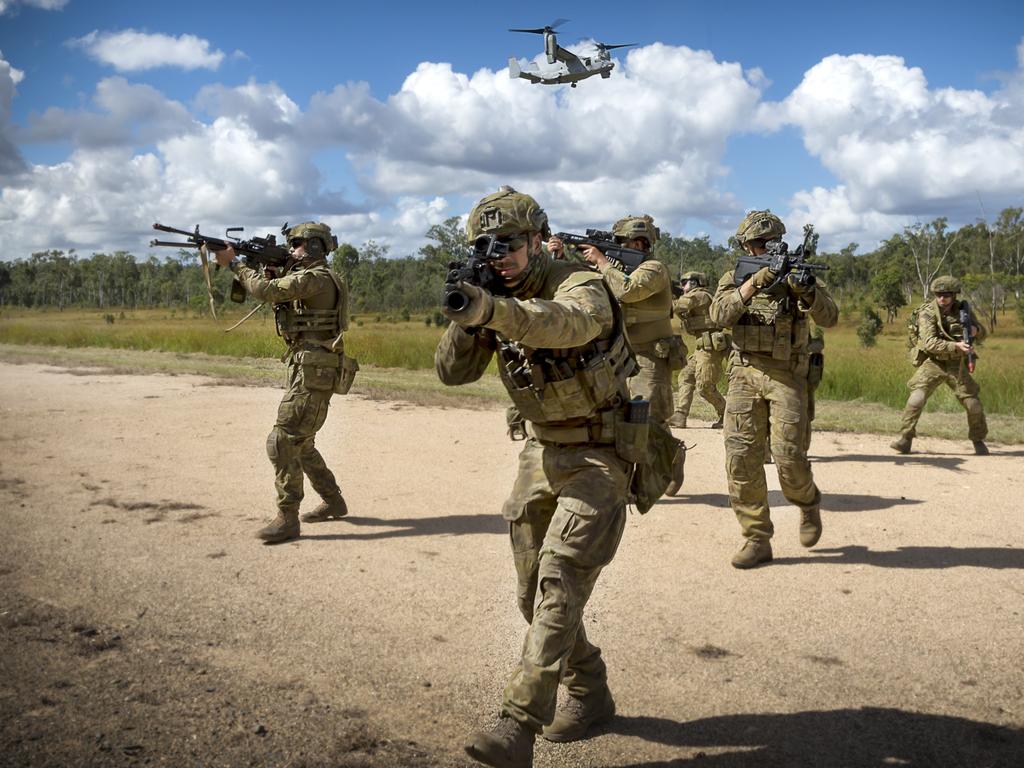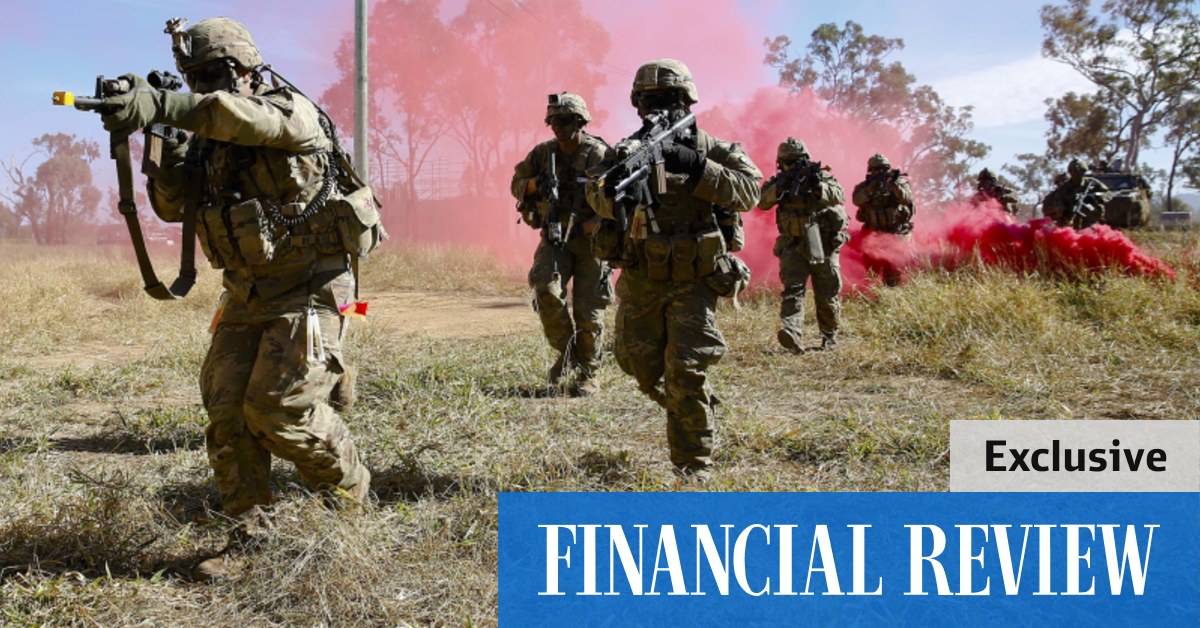
The exercise has taken place each year since 2015.

The exercise has taken place each year since 2015.

More than 650 military personnel including US Marines and sailors have joined Japanese and Australian soldiers for a large-scale, live-fire training exercise this month.
The exercise, which will include live firing, comprises 400 Australian Defence Force (ADF) soldiers, 190 US Marines from Marine Rotational Force Darwin (MRF-D) and 70 soldiers from the Japanese Ground Self Defence Force (JGSDF).
It started Monday and is scheduled to take place throughout the heritage-listed, 453,700 hectare Shoalwater Bay Military Training area, about 80km north of Rockhampton in Central Queensland, through to May 27.
Brigadier Michael Say, Commander of the Brisbane-based 7th Combat Brigade, said the combined arms exercise would include tank integration and live fire between infantries.

“As the governor here, I would say that many people in Okinawa would oppose having Australian Defence Forces being stationed here, even temporarily, or to use a base in Okinawa where 70 per cent of the US forces in Japan have already been concentrated.”

JAPANESE troops have arrived in Darwin ahead of the trilateral Exercise Southern Jackaroo 2021, joining US Marines already undertaking training in the region.
The Japan Ground Self-Defense Force (JGSDF) soldiers will join their counterparts from Australia and the United States for the exercise in the Northern Territory June 15-25.
“The Japan Ground Self-Defense Force and the Marine Rotational Force – Darwin will bring more equipment this year, allowing for a more complex exercise to advance our ability to work together,” Lieutenant General Burr said.

On Okinawa, the Marines on Thursday would not specify how many people tested positive, only that they fell under the status of forces agreement and were on installations that comprise the widespread Marine Corps Base Camp Smedley D. Butler.